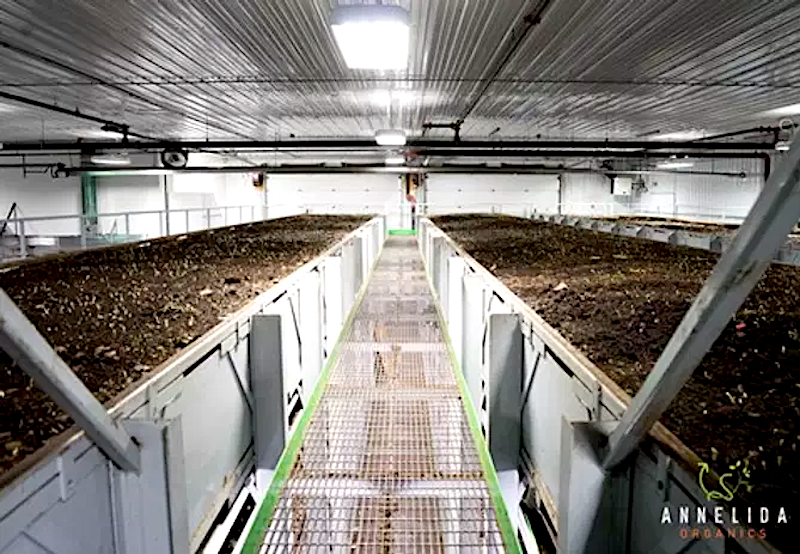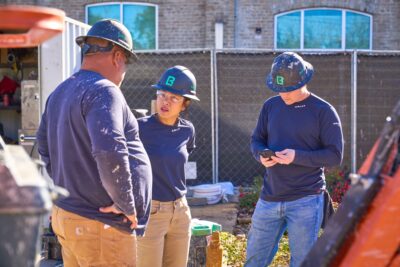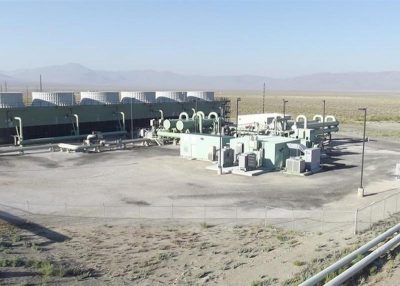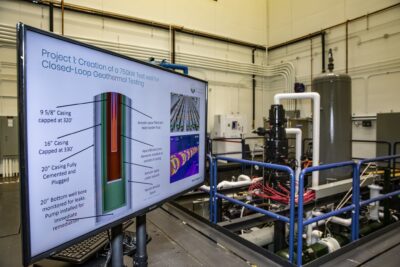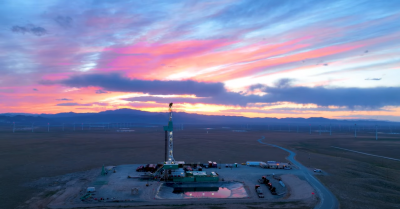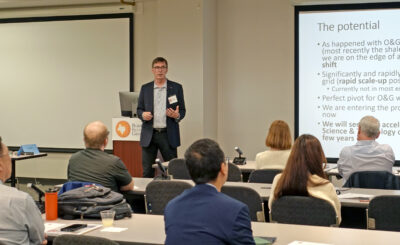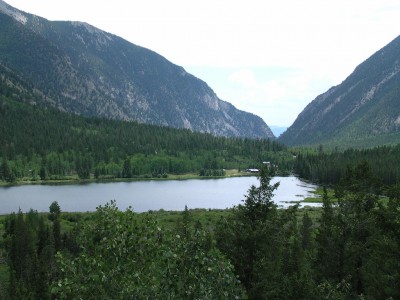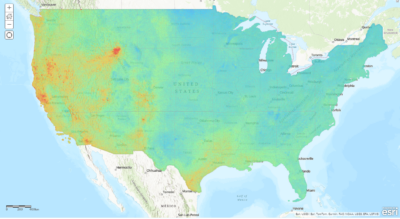Canadian geothermal project explores agriculture opportunity
Geothermal developer and partner in Alberta, Canada, to explore how geothermal heat can be used for an industrial vermicomposting facility development.
Canadian geothermal development project company No. 1 Geothermal LP (Alberta No. 1) has announced today that it has signed a Memorandum of Understanding with Annelida Casting Innovation (Annelida) to investigate providing geothermal heat to an industrial vermicomposting facility development. This geothermal direct heat use collaboration is the start of developing a sustainable agricultural cluster in the heart of Alberta’s industrial gateway to the North, the Municipal District of Greenview.
“We’re delighted to provide renewable heat to local, innovative companies such as Annelida,” says Dr. Catherine Hickson, CEO of Alberta No. 1. “With the massive amount of low-temperature geothermal resources both here and across Alberta, geothermal energy facilities can be a central point for businesses to anchor themselves to as they look to reduce the carbon impact of their entire operations.”
“Our goal is to create the perfect organic bio-stimulant, premium worm castings, without compromising the environment,” says Michael Launer, CEO of Annelida. “Integrating Alberta No. 1’s renewable heat into our fully-mechanized and optimized processes, which includes the use of organic wastes diverted from landfills, allows us to further reduce Annelida’s environmental impact and the impact of our products on the agricultural supply chain.”
Alberta No. 1’s district heating system is estimated to produce 985 terajoules of emission-free, baseload heat for industrial and agricultural clients in the region. The potential co-location of Annelida’s organic castings production facility with Alberta No. 1 invites other agricultural opportunities that can benefit from a consistent source of clean heat, such as greenhouse horticulture, crop drying, and food processing.
Source: Company release
